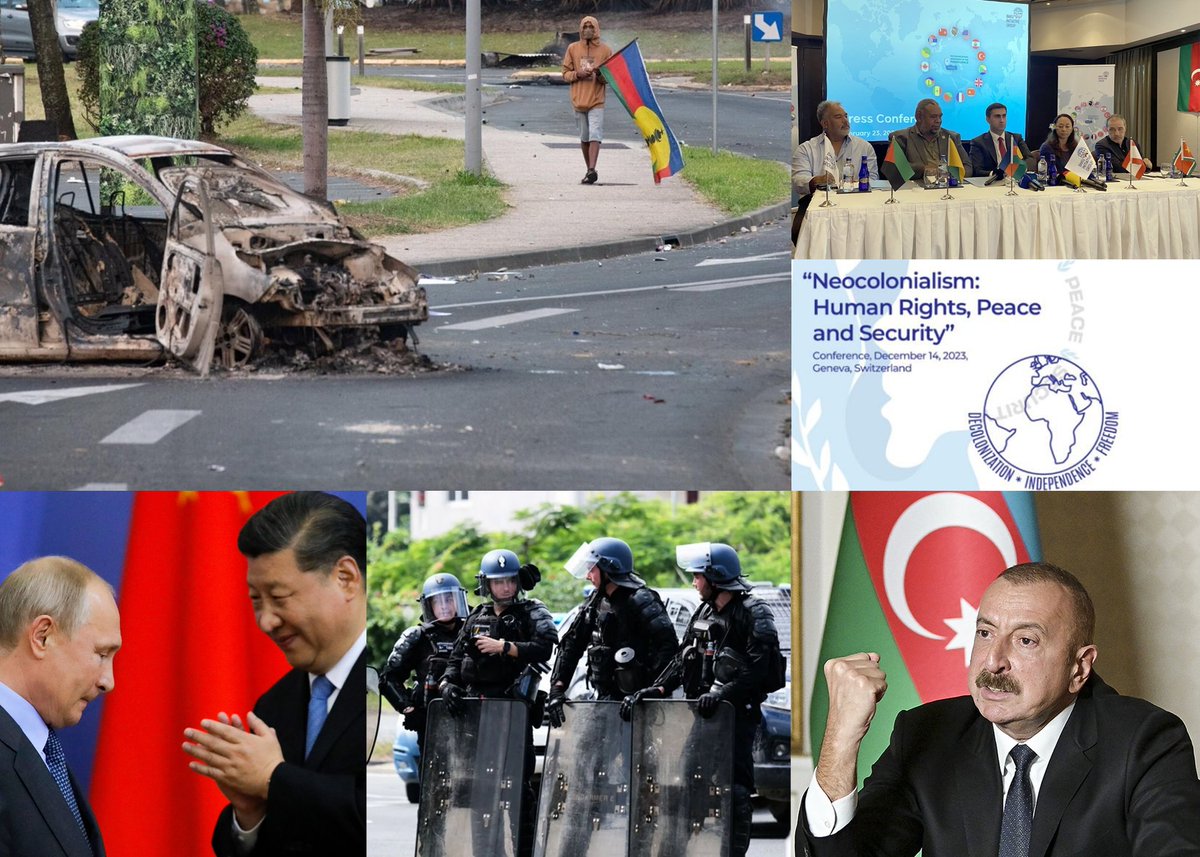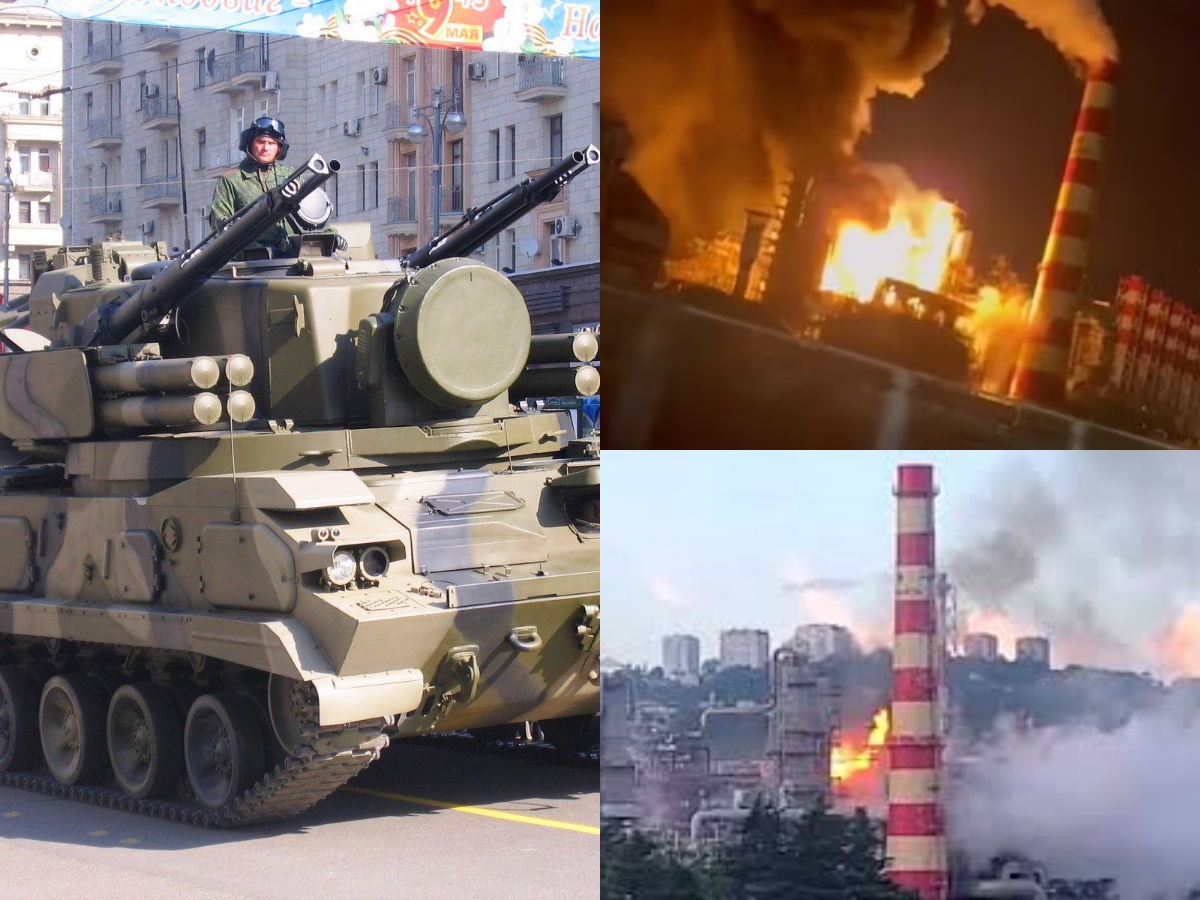The European Union bans the broadcasting of four pro-Russian media outlets. Voice of Europe, RIA Novosti, Rossiyskaya Gazeta, and Izvestia. These media outlets spread misinformation to influence public opinion. According to Vice-President of the European Commission Věra
1/23
1/23

Jourová, “What we suspected is confirmed: the Kremlin uses dubious channels, posing as the media, and buys hidden influence with money. Moscow develop outlets, like Voice Of Europe, which pretend to be legitimate but then spew lies,” she said. Voice of Europe broadcast from
2/23
2/23

Prague and recently the Czech Information Security Service (BIS) released a huge investigation in which they uncovered a large network organized by Russia, which also tried to influence the elections to the European Parliament on June 6-9. The Czech site
3/23
3/23

writes about this. It became one of the largest exposed Russian influence operations in recent years. BIS began working on this case last spring, when the Voice of Europe website went live in the Czech Republic. Russians in Prague tried to influence
4/23 denikn.cz

4/23 denikn.cz

European Parliament elections in Germany, France and Belgium. The main players in the network of influence were Viktor Medvedchuk and his close associate Artem Marchevsky. Former Ukrainian politician Viktor Medvedchuk, known as “Putin’s godfather,” currently lives in Moscow,
5/23
5/23

after he was detained in Ukraine and exchanged along with 55 Russian soldiers for 215 Ukrainians, including more than a hundred of Azovstal defenders. Currently sanctioned in the Czech Republic, the pro-Russian propagandist, a citizen of Ukraine and Israel, Artem Marchevsky,
6/23
6/23

who headed the Voice of Europe platform, received temporary protection in Slovakia after the Czech Ministry of Internal Affairs decided to revoke the Czech temporary protection visa that he received after the Russian aggression against Ukraine. The Slovak Ministry of
7/23
7/23

Internal Affairs does not yet intend to initiate a case against Marchevsky. They don't see him as a threat. The Voice of Europe website was influenced and financed from Moscow. The news site provided space for politicians who demand an end to EU aid to Ukraine and who spread
8/23
8/23

narratives favorable to Russia. According to BIS, hundreds of thousands of euros were paid out from Russia for these purposes in the last year alone. Some European politicians who collaborated with the media platform were paid for this. Some of their campaigns were financed
9/23
9/23

by money coming from Russia. Some politicians from Germany, France, Poland, Belgium, the Netherlands and Hungary were involved. The case involves the German far-right party Alternative for Germany (AfD). The platform content is directed against Ukraine, migrants, LGBTQ,
10/23
10/23

the European Union and Muslims. Information from the site is widely disseminated by openly pro-Russian and Russian social media accounts such as TikTok and Facebook. French newspaper Le Monde reported in early March that the French counterintelligence agency DGSI has been
11/23
11/23

investigating a “pro-Russian campaign” ahead of the European Parliament elections since last fall. The information was received from the Czech secret service. French intelligence services are also monitoring the European Parliament campaign, which is led by the far-right
12/23
12/23

National Rally party, previously led by Marine Le Pen. Earlier, Russian politician Alexander Babakov helped them get a loan of nine million euros. Shortly after the publication of information about the exposure of the Russian network in the Czech Republic, the Polish
13/23
13/23

counterintelligence service ABW also announced that it had conducted searches during which it had seized almost 48,500 euros and $36,000. Network members wanted to lead pro-Russian initiatives and media campaigns in the EU to promote Russian policies. Money from Russia to
14/23
14/23

politicians in Europe flowed to the Czech Republic through Poland. This was announced by the Chairman of the Czech Parliamentary Security Committee Pavel Zacek. He was talking about hundreds of thousands and millions of euros. This is not support for the site or payment for
15/23
15/23

some kind of interview, it seems that the site is some kind of cover. Resources are aimed at creating a fifth column within the European Union. The money was intended for future aides and newly elected politicians in the European Parliament. The money was delivered to the
16/23
16/23

Czech Republic from Poland by couriers. At the same time, an investigation began in Poland against a Polish citizen suspected of spying for Russian intelligence services. He also allegedly bribed Polish and European parliamentarians in favor of Russian services. So it's not
17/23
17/23

just one channel. It is a network of different websites, social media pages and different platforms. The investigation carried out by the Czech intelligence services into the Russian network is of great concern, said Dutch Prime Minister Mark Rutte. According to him, Dutch
18/23
18/23

intelligence services are also involved in the investigation. The Netherlands, like other EU member states, has decided not yet to publish the names of politicians who received money from Moscow. Before this, the President of the European Parliament, Roberta Metsola, called
19/23
19/23

on EU leaders to be “on guard.” This comes after Latvian MEP Tatyana Zhdanoka was accused by the Russian independent newspaper Insider of spying for the Russian Federation based on leaked emails. The European Parliament subsequently launched a formal investigation. I would
20/23
20/23

like to add that in Estonia we also have a pro-Russian member of the European Parliament, Jana Toom. It is not yet known whether an investigation is being carried out against her, but I would like to believe that KaPo is looking into it. NATO Allies are deeply concerned
21/23
21/23

about recent malign activities on Allied territory, including those resulting in the investigation and charging of multiple individuals in connection with hostile state activity affecting Czechia, Estonia, Germany, Latvia, Lithuania, Poland, and the United Kingdom.
22/23
22/23

The Estonian Security Police KaPo published a detailed report on Russian tactics and its influence in Europe in 2018, but it did not cause widespread resonance at the time.
23/23
23/23

• • •
Missing some Tweet in this thread? You can try to
force a refresh






















